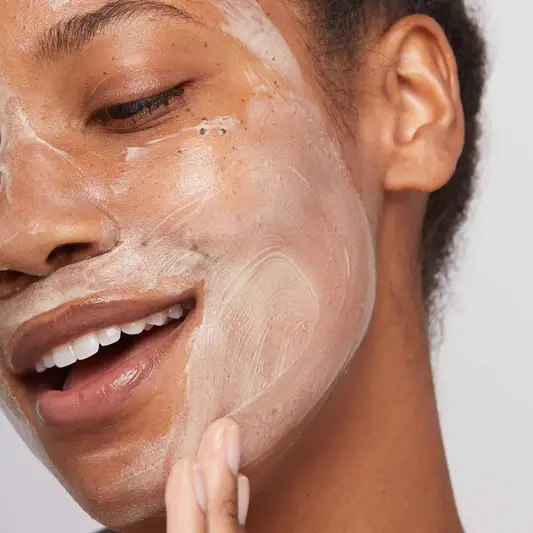Niche Brands Are Making Their Mark When Entering Market
- Tamara Reid

- Apr 14
- 3 min read
The professional beauty industry has long been dominated by legacy brands offering extensive product ranges designed to address a wide array of skin concerns. Brands such as Sothys, O Cosmedics and Ultraceuticals, for example, have upwards of 40+ SKUs, catering to every imaginable skin type and condition. While these comprehensive ranges have their place, they also present a challenge for salon owners: stocking a full spectrum of products comes with a significant financial outlay and the burden of managing stock.
In contrast, niche brands (particularly those focused solely on SPF) are making a dramatic and strategic impact when entering the market. Brands like Avocado Zinc, Airyday, SunButter, and We Are Feel Good Inc. offer a minimal SKU approach, specialising purely in sun protection. This singular focus allows salon owners to invest in a highly relevant, high-demand category without the hefty startup costs associated with larger lines. With just a handful of SKUs (often less than five) for a salon, stocking a niche SPF brand requires a fraction of the budget and space, serves a gap their clients would otherwise yet fill at a drugstore and provides significant retail value.

Initially launching with a single, high-performing essential fatty acid (EFA) supplement, Simka achieved rapid market penetration throughout professional clinics, and as of late 2023, the brand was stocked across hundreds of stockist locations in Australia and New Zealand. Their concentrated focus on one product (one solution) meant clinics could onboard a valuable product offering with minimal risk. Building on this success, Simka has since expanded their range methodically into face masks and SPF products and considering the salon accounts already have the brand relationship through their initial product (EFA’s), the additional SKU orders appealed to these professionals and market adoption was swiftly influenced by their existing reach, compounding to around 700 stockists to date.
While both Simka and Airyday have achieved rapid success in the professional beauty industry, their stockist strategies showcase two slightly different models of niche brand penetration. Airyday began offering wholesale access to professional accounts very early in its brand journey in 2022 (upon launching). From the outset, partnering with clinics and salons was a key strategy – the founder Frances van der Velden notes an “overwhelming response from skin clinics around Australia” who were eager to stock the products. In fact, by the brand’s first anniversary (late 2023), Airyday was being carried by roughly 400 clinic and salon stockists across Australia. The wholesale momentum continued into the next year: by late 2024 (about two years post-launch), where Airyday’s clinic stockist count had swelled to around 600 professional stockists nationwide. Airyday, entered the mass consumer market in late 2023 when it launched into Sephora, joining the retailer’s lineup with their tightly curated SPF portfolio.
Both brands demonstrate that niche-focused, clinic-first distribution models (paired with minimal SKU offerings) allow for faster market penetration, lower risk for stockists, and stronger brand loyalty compared to traditional, broad-spectrum brands.
As we know, salon owners are increasingly conscious of overheads, stock management, and relevance to client demand, niche brands offer a refreshing and practical alternative - read our complete report on What Salon Owners Want for context. Rather than spreading budgets thinly across dozens of products, salons can align with specialised brands that deliver targeted solutions, high turnover potential, and ease of integration into existing treatments and retail offerings. The success of niche brands serves as a strong reminder: sometimes, less is truly more.



Comments